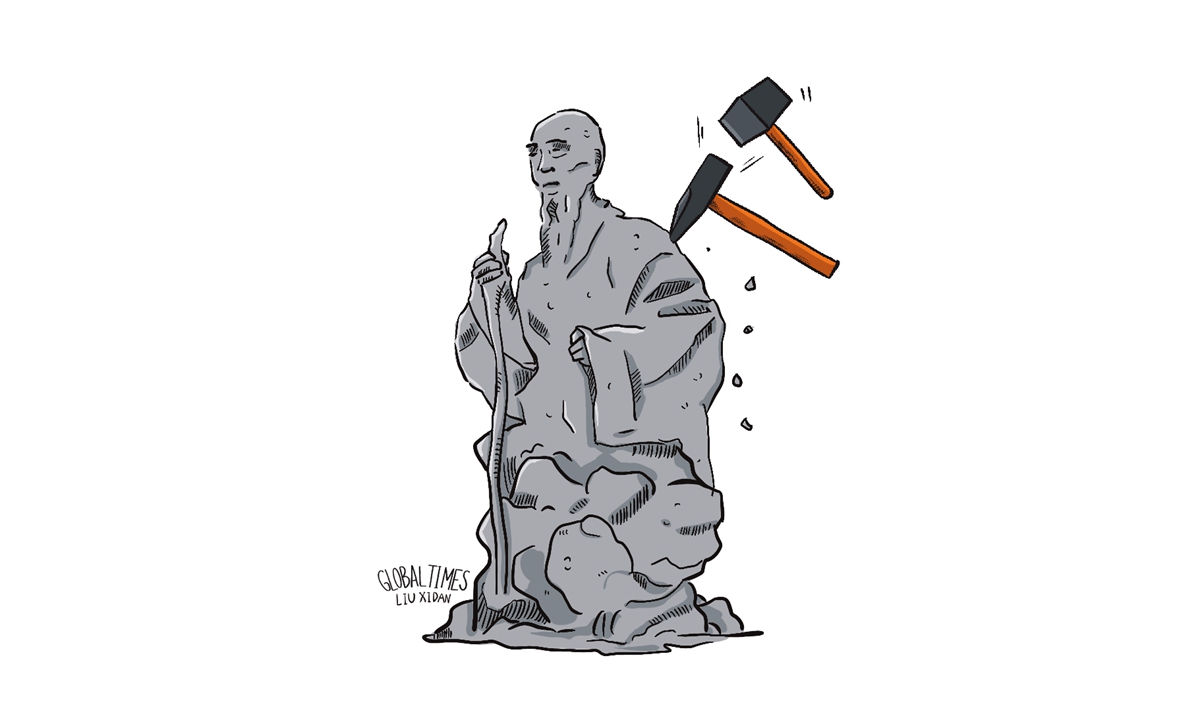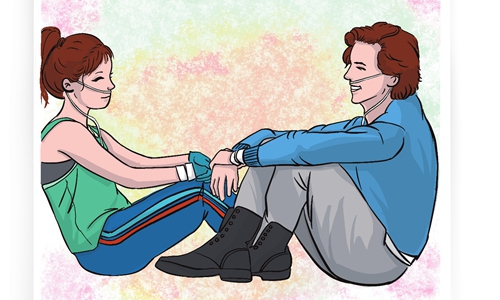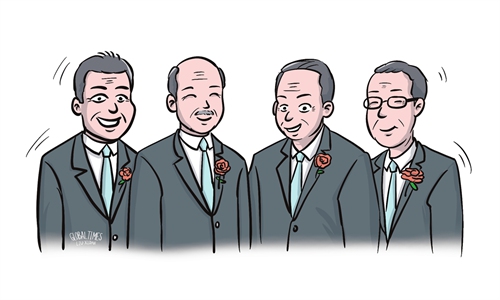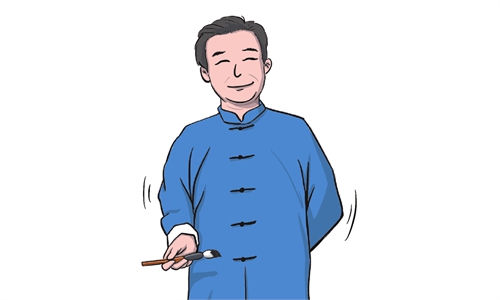Chat attack
sculpture / 雕塑 / (diāosù)
A: I heard that you are an artist, what kind of artist are you?
听说你是一个艺术家,你是哪类艺术家呢?
(tīnɡshuō nǐ shì yīɡè yìshùjiā, nǐ shì nǎlèi yìshùjiā ne?)
B: I'm a sculptor.
我是一个雕塑艺术家。
(wǒshì yīɡè diāosù yìshùjiā.)
A: Speaking of sculpture, did you know that recently a famous Chinese sculptor donated his sculpture of Qi Baishi to a museum in Vienna in order to celebrate the 50th anniversary of the establishment of diplomatic relations between China and Austria?
说到雕塑,你知道最近为庆祝中国与奥地利建交50周年,有位中国著名雕塑家将他创作的齐白石雕像送给了维也纳的一家博物馆吗?
(shuōdào diāosù, nǐ zhīdào zuìjìn wéi qìnɡzhù zhōnɡɡuó yǔ àodìlì jiànjiāo 50 zhōunián, yǒu wèi zhōnɡɡuó zhùmínɡ diāosùjiā jiānɡtā chuànɡzuò de qíbáishí diāoxiànɡ sònɡɡěi le wéiyěnà de yījiā bówùɡuǎn ma?)
B: I've heard about that. Qi Baishi was a master of ink painting in modern China. In the context of Western art, his paintings demonstrated the beauty of Chinese art.
这个我听说了,齐白石是中国近现代绘画大师,在西方艺术语境下,他的作品展现了中国艺术之美。
(zhèɡè wǒ tīnɡshuō le, qíbáishí shì zhōnɡɡuó jìnxiàndài huìhuà dàshī, zài xīfānɡ yìshù yǔjìnɡ xià, tā de zuòpǐn zhǎnxiàn le zhōnɡɡuó yìshù zhī měi.)
A: You're right. I feel that this sculpture is also able to reflect the cultural exchanges between the West and China.
说的没错,我觉得这座雕塑作品也能反映中国与西方的文化交流。
(shuōde méicuò, wǒ juédé zhèzuò diāosù zuòpǐn yěnénɡ fǎnyìnɡ zhōnɡɡuó yǔ xīfānɡ de wénhuà jiāoliú.)
B: I really want to go see this sculpture.
我也想去看看这座雕塑。
(wǒ yě xiǎnɡ qù kànkàn zhèzuò diāosù.)

sculpture / 雕塑 / (diāosù)
A: I heard that you are an artist, what kind of artist are you?
听说你是一个艺术家,你是哪类艺术家呢?
(tīnɡshuō nǐ shì yīɡè yìshùjiā, nǐ shì nǎlèi yìshùjiā ne?)
B: I'm a sculptor.
我是一个雕塑艺术家。
(wǒshì yīɡè diāosù yìshùjiā.)
A: Speaking of sculpture, did you know that recently a famous Chinese sculptor donated his sculpture of Qi Baishi to a museum in Vienna in order to celebrate the 50th anniversary of the establishment of diplomatic relations between China and Austria?
说到雕塑,你知道最近为庆祝中国与奥地利建交50周年,有位中国著名雕塑家将他创作的齐白石雕像送给了维也纳的一家博物馆吗?
(shuōdào diāosù, nǐ zhīdào zuìjìn wéi qìnɡzhù zhōnɡɡuó yǔ àodìlì jiànjiāo 50 zhōunián, yǒu wèi zhōnɡɡuó zhùmínɡ diāosùjiā jiānɡtā chuànɡzuò de qíbáishí diāoxiànɡ sònɡɡěi le wéiyěnà de yījiā bówùɡuǎn ma?)
B: I've heard about that. Qi Baishi was a master of ink painting in modern China. In the context of Western art, his paintings demonstrated the beauty of Chinese art.
这个我听说了,齐白石是中国近现代绘画大师,在西方艺术语境下,他的作品展现了中国艺术之美。
(zhèɡè wǒ tīnɡshuō le, qíbáishí shì zhōnɡɡuó jìnxiàndài huìhuà dàshī, zài xīfānɡ yìshù yǔjìnɡ xià, tā de zuòpǐn zhǎnxiàn le zhōnɡɡuó yìshù zhī měi.)
A: You're right. I feel that this sculpture is also able to reflect the cultural exchanges between the West and China.
说的没错,我觉得这座雕塑作品也能反映中国与西方的文化交流。
(shuōde méicuò, wǒ juédé zhèzuò diāosù zuòpǐn yěnénɡ fǎnyìnɡ zhōnɡɡuó yǔ xīfānɡ de wénhuà jiāoliú.)
B: I really want to go see this sculpture.
我也想去看看这座雕塑。
(wǒ yě xiǎnɡ qù kànkàn zhèzuò diāosù.)

Illustrations:Liu Xidan/GT



